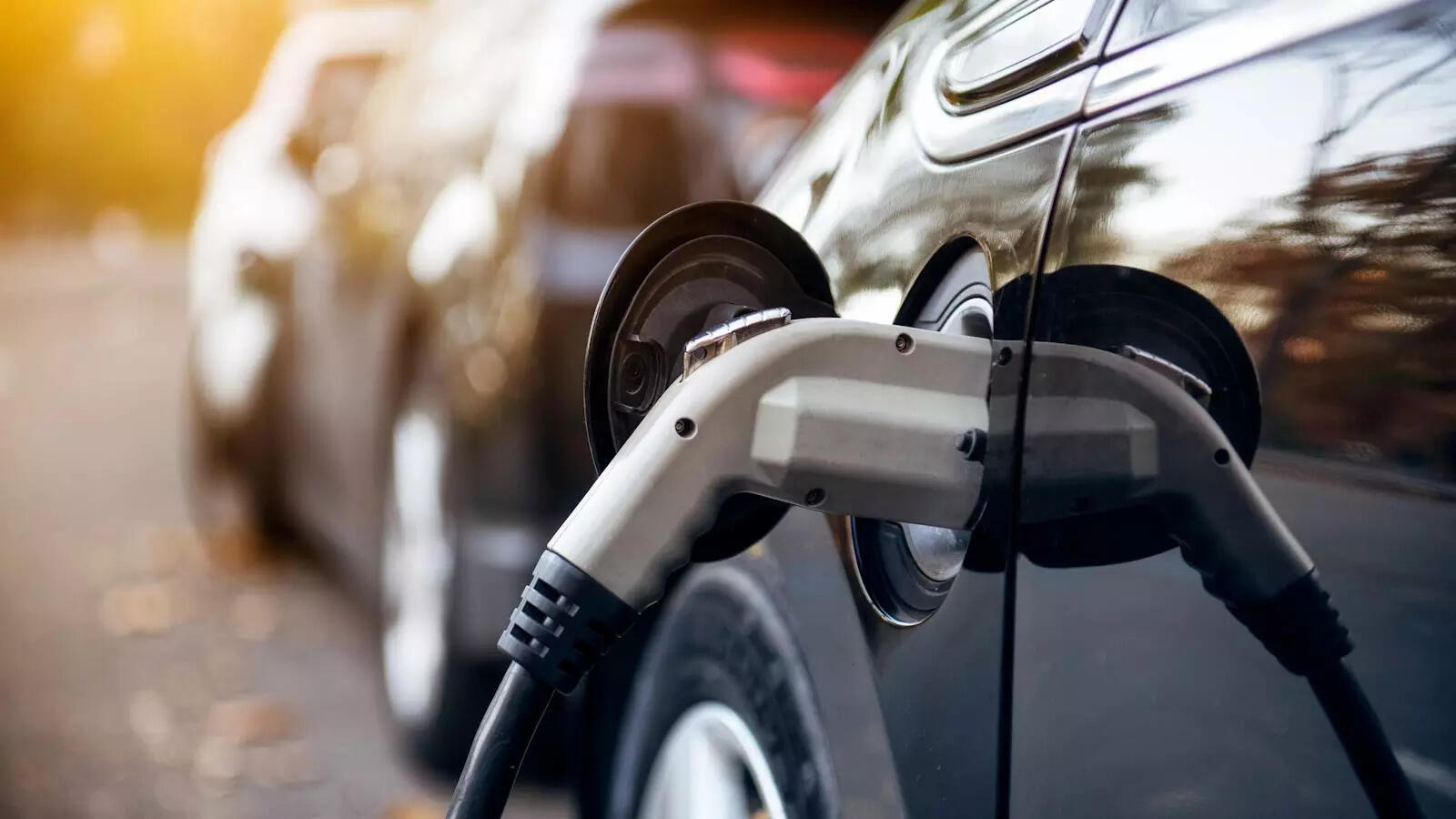
By 2030, the Indian automobile industry will see an overall electric vehicle (EV) adoption rate of over 30%. However, EV adoption for passenger vehicles is likely to be only 10% by the end of the period, amounting to only 5% of total EV sales. The EV segment is expected to see sales of 10 million units by the end of this decade. These statistics were shared in a Study titled, ‘Unlocking India’s electric mobility potential’, by Boston headquartered management consulting firm Arthur D. Little.
The Study cites higher upfront costs than the ICE vehicles, lack of models, dearth of charging infrastructure (and the entire supporting ecosystem), low consumer confidence in the product driven primarily by range anxiety as some of the factors for the low adoption of passenger EVs in India. These concerns have been exaggerated by product safety mishaps, the Study reveals. It recommends that the private sector and the Government should work together to remove the said barriers, and help India lift its EV game.
To attain more than 30% EV adoption, India will require approximately 800 GWh of batteries by 2030, according to the Study report. To meet this rising demand, India is accelerating plans to manufacture Li-ion cells within the country, anticipating USD 2.3 billion in government subsidies and more than USD 7.5 billion in investment potential.
In terms of investment, given the Foreign Direct Investment (FDI) inflow of nearly USD 6 billion in 2021, India’s EV industry could attract further FDI of about USD 20 billion by 2030, and help achieve the required scale in this industry. In the recent past, Government incentives and investments made by auto industry incumbents in the EV ecosystem have also attracted private equity (PE) and venture capitalists (VC) confidence in India’s EV space.
Referring to the analysis and trends in the Indian EV space, Barnik Chitran Maitra, Managing Partner & CEO, India & South Asia, Arthur D. Little, said, “Despite the obstacles, India is one of the largest markets for EVs in Asia behind only China and, surprisingly, ahead of Japan. We can build on this position by acting to support product innovation, create reliable charging infrastructure, and provide subsidies to buyers and additional incentives to startups involved in battery R&D, among others.”
Maitra added that every 10th EV sold globally could be India-made if the country achieves its “true EV potential” of 50% electrification.
The Study also recommends 10 ‘imperatives’ for India to unlock its true potential towards EV adoption. It says OEMs need to focus on product development, component manufacturing, secondary offerings and after-sales service, while suppliers need to build capability since localisation of components will be essential to reduce cost
Energy companies are recommended to work towards better power generation and distribution, apart from the development of required charging infrastructure and enabling the grid to manage the requisite loads, while the Government must make it as conducive as possible for EV adoption through encouraging policies. Finally, customers, who are more aware and concerned today about sustainability, and protecting the environment, will only enable the sector to grow.
Given India’s ‘massive’ scale as a market for vehicles in general, EV demand could be significantly high as well. Increasing awareness of environmental benefits has further prompted innovation from the private sector and support from the government in the form of its flagship FAME-II policy, which is aimed at boosting EV adoption.
“Electric mobility is the fast-approaching future of transport. We believe that India is well-positioned to make this transition. The solutions are evident, and the environment is conducive. With the needed impetus, India can achieve its aspiration of becoming one of the world’s leaders in e-mobility,” Fabian Sempf, Principal & India Head of Automotive, India, Arthur D. Little, said.
Besides the benefits of a cleaner environment, India’s import bill is also expected to come down by almost USD 14 billion in 2030. Apart from this, the adoption of EVs is expected to create 10 million new jobs in India by 2030, in turn boosting economic growth of the country, the report adds.